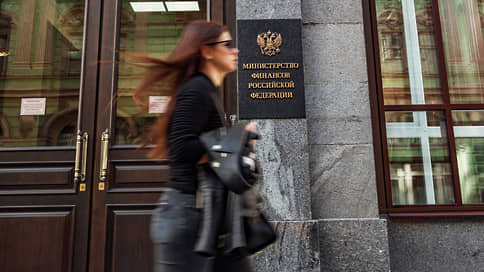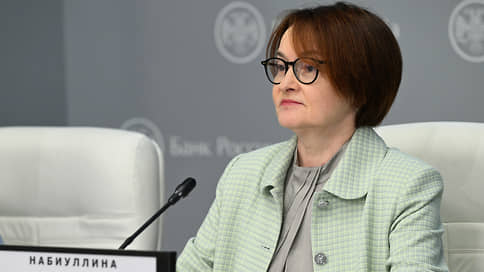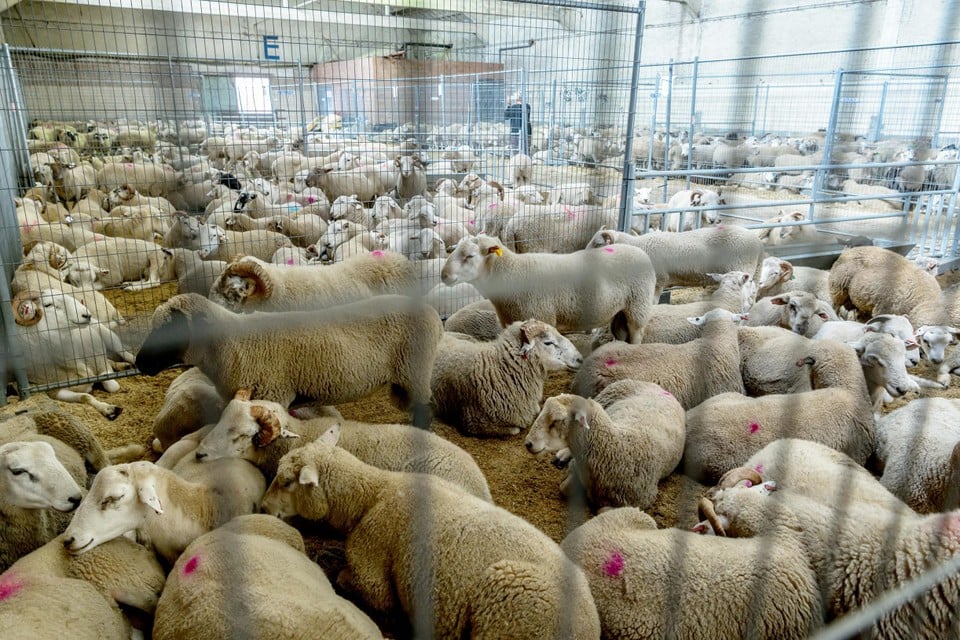The Ministry of Economy introduced a fresh basic medium -term macro -propriet

The Ministry of Economy introduced the draft scenario conditions for the forecast of socio-economic development for 2026–2028. Based on this document, the federal budget parameters for the next three -year -old will be formed. The department considers their basic version of the forecast “moderately conservative”, although it turned out to be noticeably more optimistic than a consensus in the context of the uncertainty prospects for the development of the situation in the global economy. In part, due to the self -isolation of the Russian Federation, it remains little to be not enough – however, this does not exclude the operational reaction of the White House to changes in the conjuncture.
“The volatility is extremely high – first of all, the external conditions associated with fluctuations in the world market can affect both the forecast parameters and the budget parameters,” they pointed out the main prerequisites for the macrodrodnosis in the Ministry of Economy. In the basic (target for the ministry) forecast, in particular, in the dynamics of export and imports, the course of the ruble and oil prices, the expected slowdown of the economy is laid (while the world recession of the Ministry of Economy is not expected in this scenario). The issue of the scale of influence on the economy of the Russian Federation of the restructuring of world trade remains open (the ministry is promised to make a conservative forecast in public, but no stressful – no).
An increase in the United States of foreign trade duties for individual countries, including China, according to the Ministry of Economy, bears the risks of not only a decrease in demand and prices for traditional Russian export goods, but also toughening competition in the domestic market due to the output of Chinese goods-its volumes and prices is now impossible to assume. At the same time, the department also see potential additional opportunities related to the situation in world trade, for example, reducing the cost of logistics, opening “certain niches … Perhaps the replacement of American goods imported by China”.
According to the basic scenario, which is especially important for the budget, reduced (compared to September estimates) the price of Brent oil is up to $ 68, and Urals oil – up to $ 56 per barrel for 2025.
This is a “fairly conservative assessment” – taking into account the budget rule and replenish the National Welfare Fund, the Ministry of Economy notes. In a conservative scenario, the price of oil is reduced to “about $ 50” per barrel on the entire forecast horizon. As a result, the assessment of the prospects of the ruble was reduced – in 2025, the average annual rate will be 94 rubles./$. Based on all introductory, including oil prices and a balance of foreign trade ($ 86.8 billion for 2025), the Ministry of Economy consider such a course realistic, but stipulates that its volatility can be high.
Growth assessment GDP Compared to September forecasts, it has been preserved quite high – at the level of 2.5% (taking into account the dynamics of the first quarter), which, however, below last year’s values - 4.3%. As the representative of the Ministry of Economy explained, « some cooling of the economy and a slowdown in the growth rate is objectively – with such a base it is difficult to grow at such a pace. » The GDP growth rate for 2026 was reduced-from 2.6% to 2.4%, which is explained by the extension of the period of hard monetary policy. Reduced and The growth rate of investment in 2025 – up to 1.7%, but increased Evaluation of industry growth In general (up to 2.6%, in 2024-4.6%), based on the current dynamics of supply and demand, production capacities (see Kommersant on April 17). Inflation In 2025, it was estimated at 7.6% at the end of the year, based on the accumulated dynamics of the late 2024th and the beginning of this year. “If this year everything goes as expected, with normal seasonality, with a normal harvest – this is May or June,” the department predict the inflation peak and believe that it will reach the desired Central Bank of 4% in 2026.
While maintaining historically low unemployment At 2.5% until 2028, the Ministry of Economy expects a fairly high growth rate of salaries and income in real terms (in 2025 – 6.8% and 6.2% versus 9.1% and 8.4% in 2024) and at the same time a decrease in the acuteness of personnel deficiency. “The situation is normalized, but not due to an increase in unemployment, but due to less lure of employees, more flexibility of the labor market, reserves associated with the dynamics of migration flows, etc., plus effects associated with increasing productivity,” the Ministry of Economy explains, although analysts and the Central Bank do not see this (see “Kommersant” from Kommersant 15 And 17 April).
Despite the fact that the department considers their basic forecast to be conservative, it is noticeably more optimistic than the analysts from the Bank of Russia pool of the Bank of Russia pool last week.
Although the median assessment of the average annual price of Urals oil for taxation in this forecast for 2025 turned out to be noticeably higher than that of the Ministry of Economy – $ 60 per barrel, their estimates of external trade in goods and the surplus of such trade are noticeably modest – $ 76 billion more modestly of analysts and from the dynamics of real salaries and consumer demand, although the purpose of the Central Bank of the Central Bank They do not see inflation earlier than 2027, and GDP growth in 2025 is estimated no higher than 1.6%.
In response to the question of the reasons for such a discrepancy in the department, they refer to the experience of 2024, when all forecasts, including the Ministry of Economy itself, which was also the most optimistic, turned out to be worse than reality. In addition, they clarify that their moderately conservative forecast, in fact, is the upper boundary in the spread of consensus. “We look at the real trend – the first quarter has already passed. The economy slowly slows down, but we do not expect a sharp collapse to reach 1.5% at the end of the year. To do this, in some quarter a technical recession should occur, otherwise the numbers simply do not turn out, ”the department explained. The basic scenario does not imply such development, but “this is possible in a stress scenario,” the authors of calculations conclude.
It should be noted, however, that the “budgetary conservatism” of the Ministry of Economy does not exclude the possibility of a sharp consolidation of state-owners “due to newly discovered circumstances”-after a large-scale anti-crisis budget redrawing in the spring of 2020 due to the pandemic, the government has such experience.








